In an eye-opening moment on “Fox & Friends First,” Chicagoans P-Rae Easley and Betty Guider conveyed a clear and potent message: the city’s loyalty to the Democratic Party is wavering dramatically.
Easley crisply summed up the mood, “The city is completely fed up with the Democratic Party.”
A Stronghold No More?
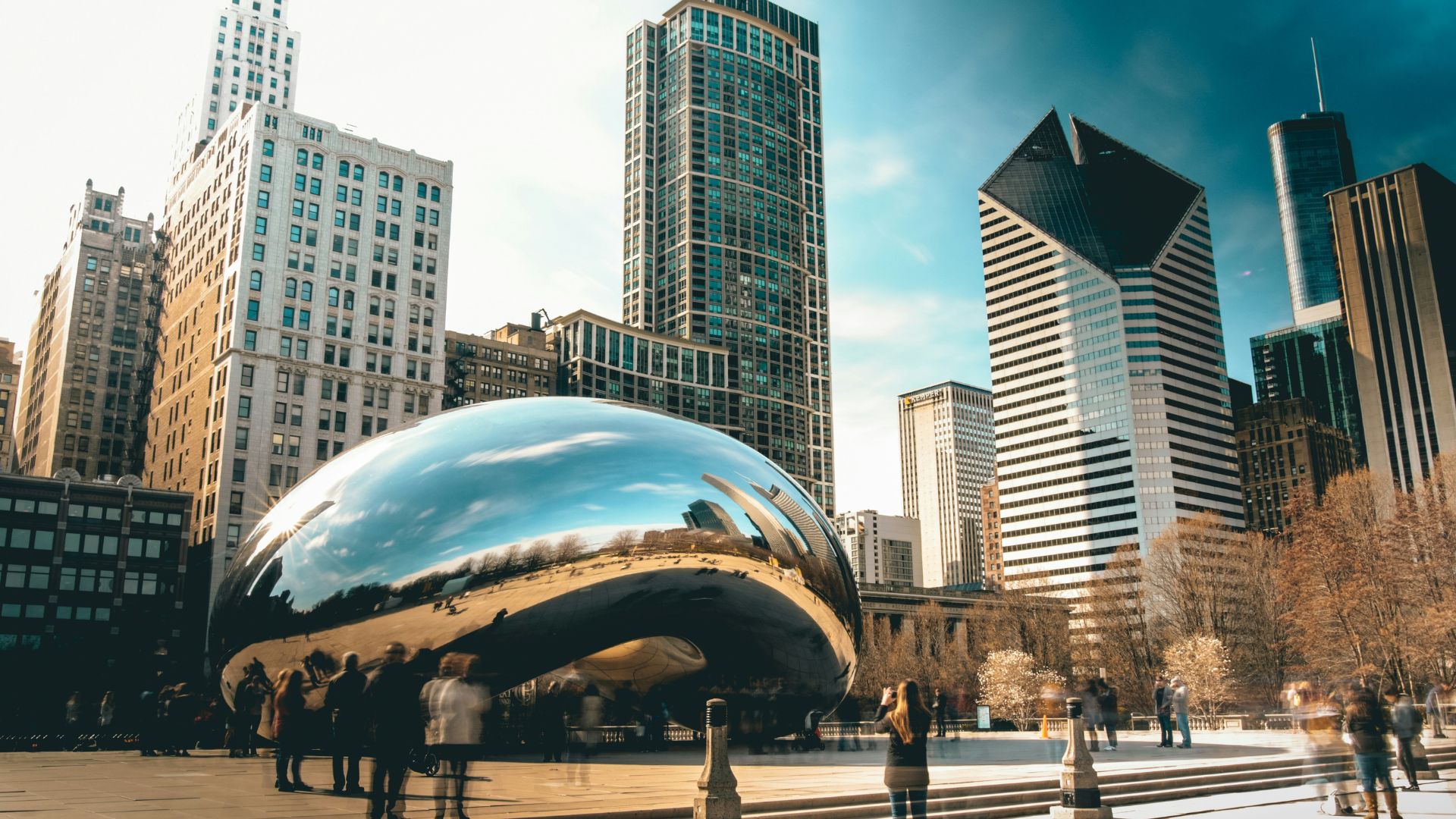
The perception of Chicago as a Democratic fortress is being challenged.
As Guider explains, “We’re stepping over illegals every day. They are now trying to break into people’s homes.” This sentiment reflects a growing dissatisfaction among residents over local governance and public safety.
Economic Pressures Boiling Over
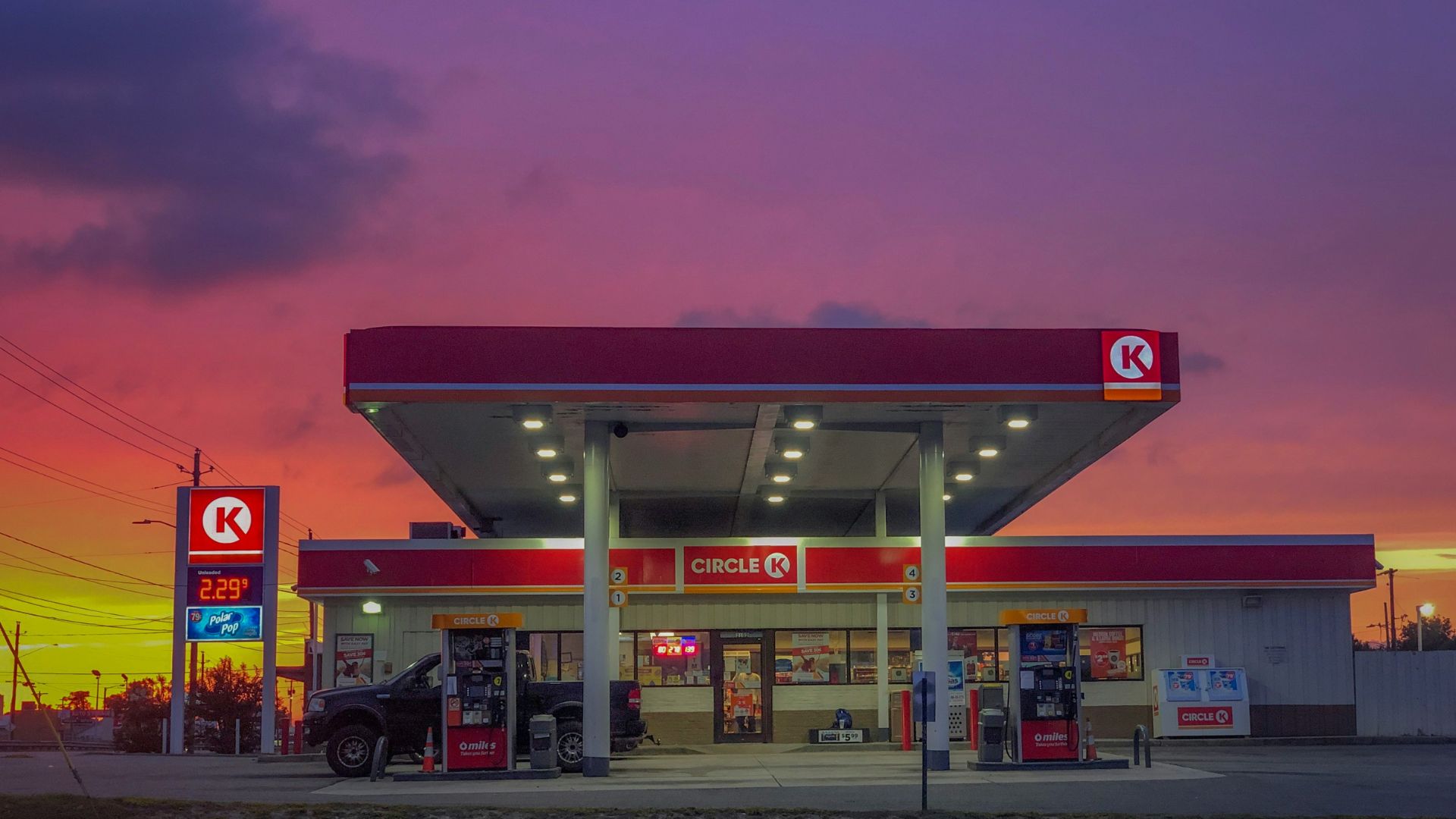
With the cost of living soaring, Easley pointedly criticized the economic situation, stating, “Gas is through the roof, groceries are through the roof, violence is up. Nothing is comfortable here under Democratic leadership.”
These issues are pushing voters to reconsider their political alignments.
A Shift in Black Voter Allegiance
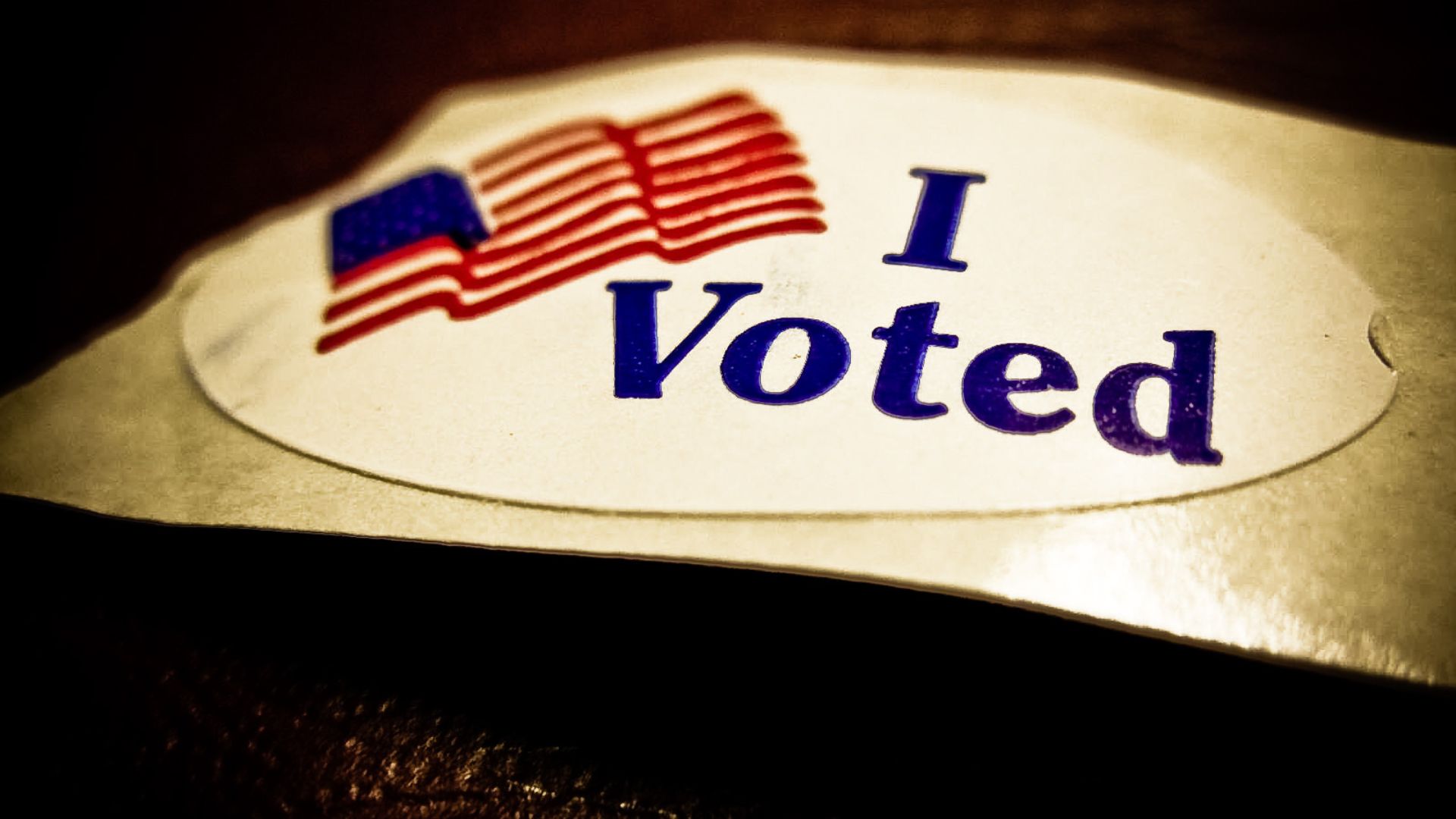
Betty Guider shed light on a significant shift within the Black community, traditionally a reliable base for the Democrats.
“So many of our Black members have decided to change over, to switch from blue to red,” she revealed, highlighting a potential political realignment.
Is It Too Late for Biden?
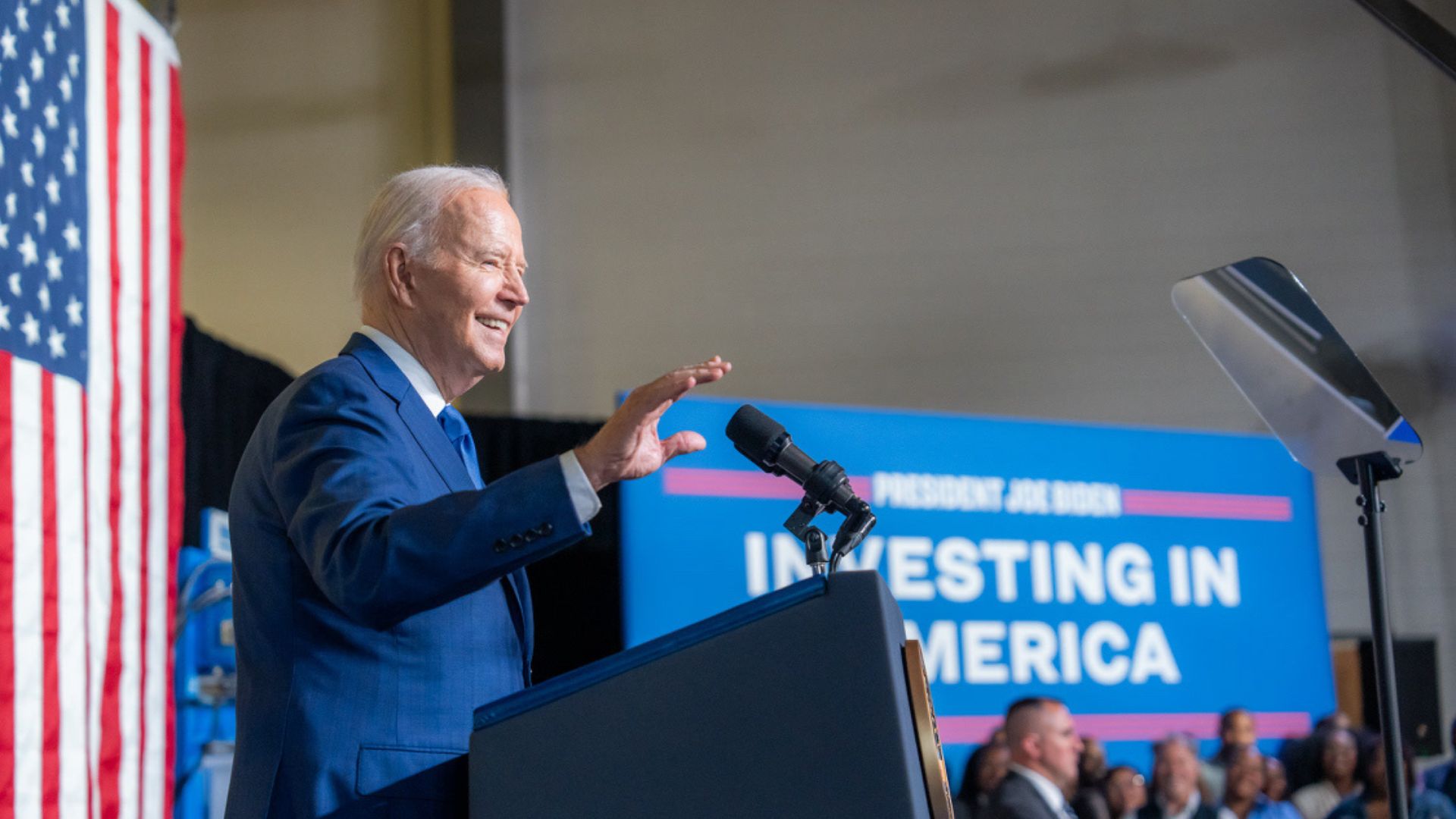
The message from voters like Guider is blunt: “It’s nothing here for him. We are fed up.”
This stark warning suggests that the upcoming visit might face a cooler reception than expected.
Presidential Preferences Shifting
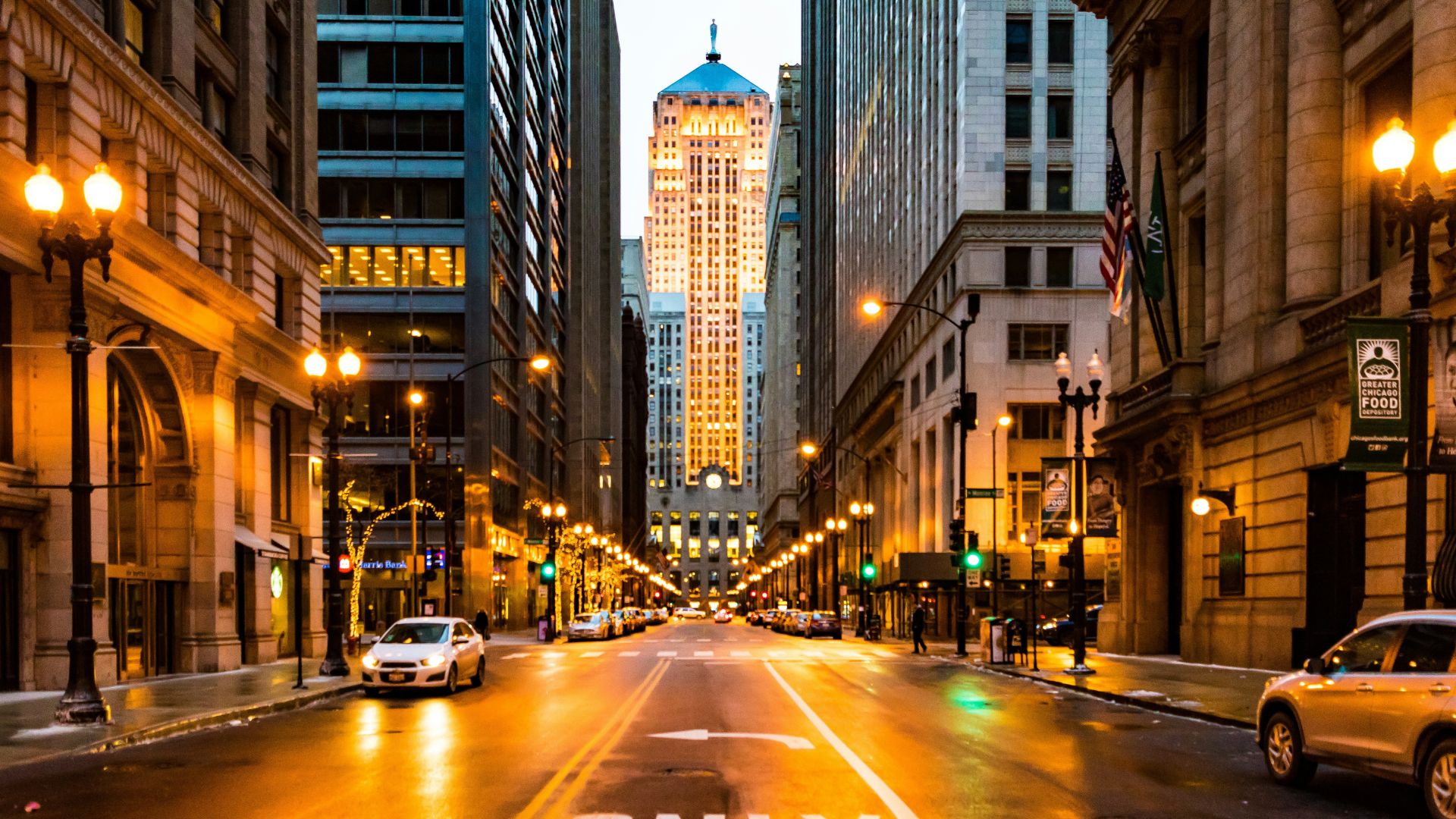
Despite Biden’s previous strong performance in Chicago, Easley believes the tide is turning.
She said, “I think that they’re definitely going to vote for Donald Trump, because we can’t afford to keep subsidizing the illegals who are coming here.”
First-time Voters Eager for Change
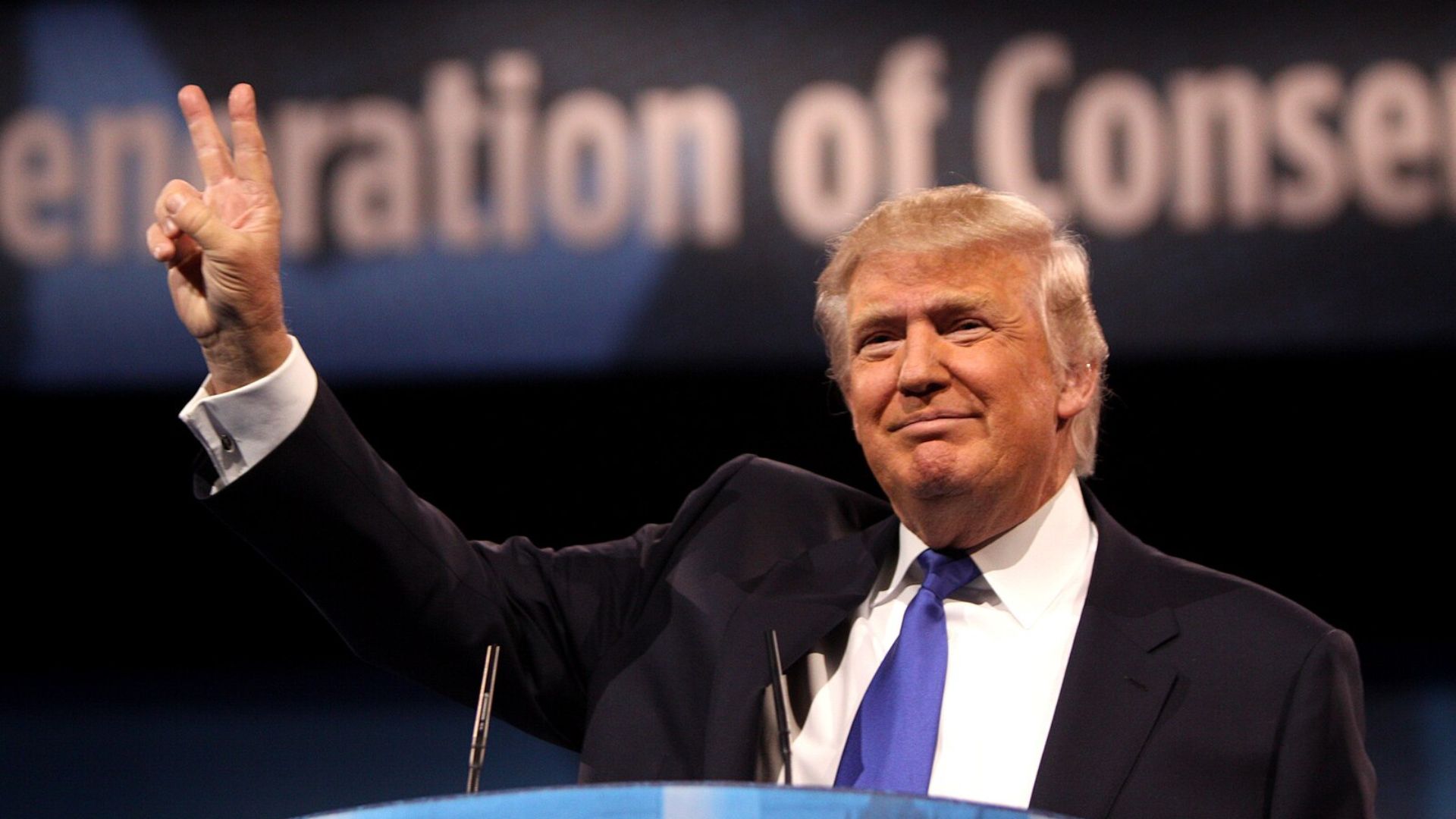
The political landscape is not just shifting among seasoned voters.
Easley said, “People are proudly stating that they’re going to vote for the first time in their lives, and they’re going to run to the polls to vote for Donald John Trump,” indicating a surge in electoral enthusiasm.
Strained Resources and Rising Crime
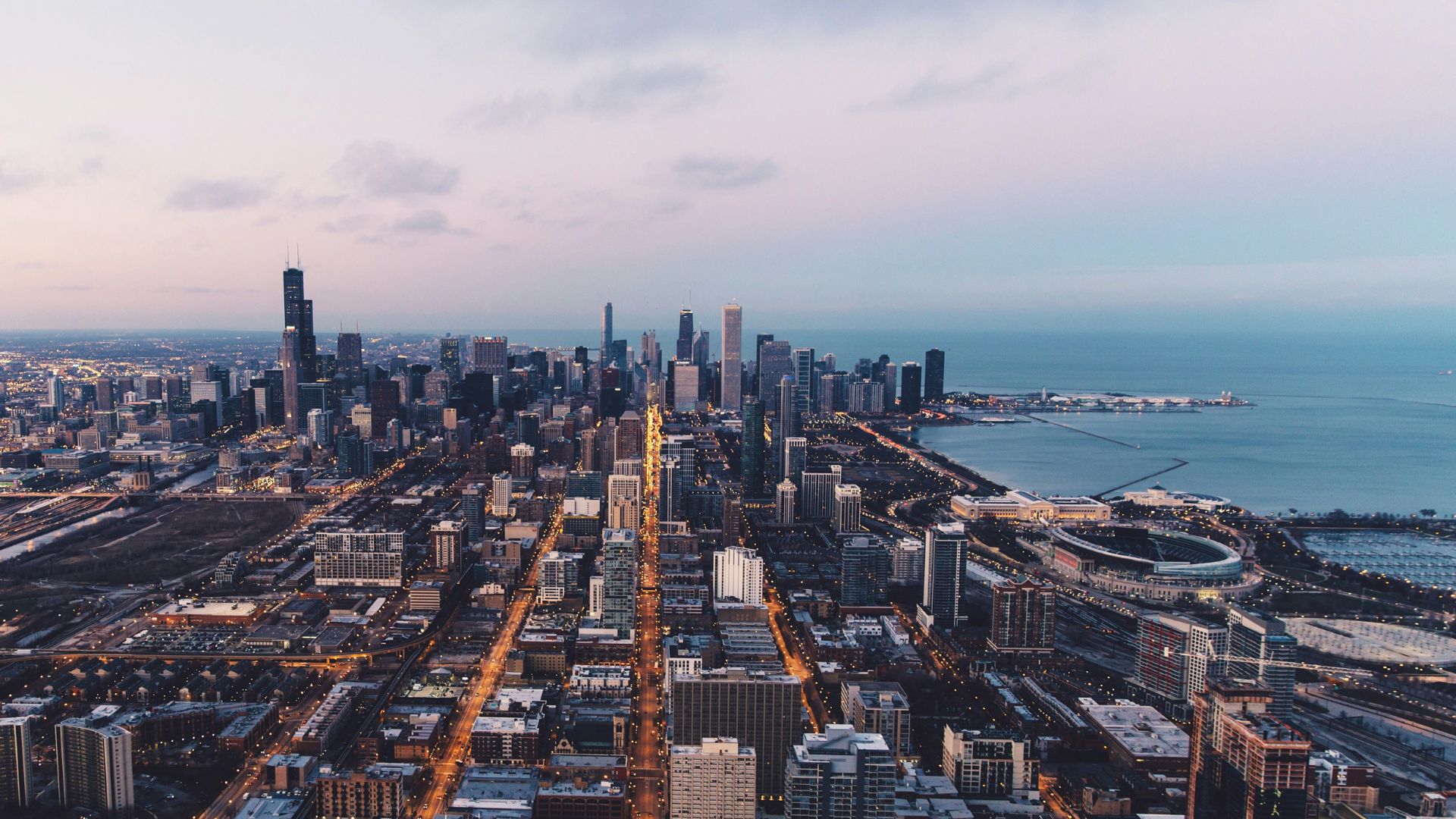
Guider expressed concerns over resource allocation, “Our school system here, particularly in the Black community, has suffered tremendously.”
This issue, coupled with a high crime rate, has many questioning their political loyalty.
Chicago’s Unsolved Issues
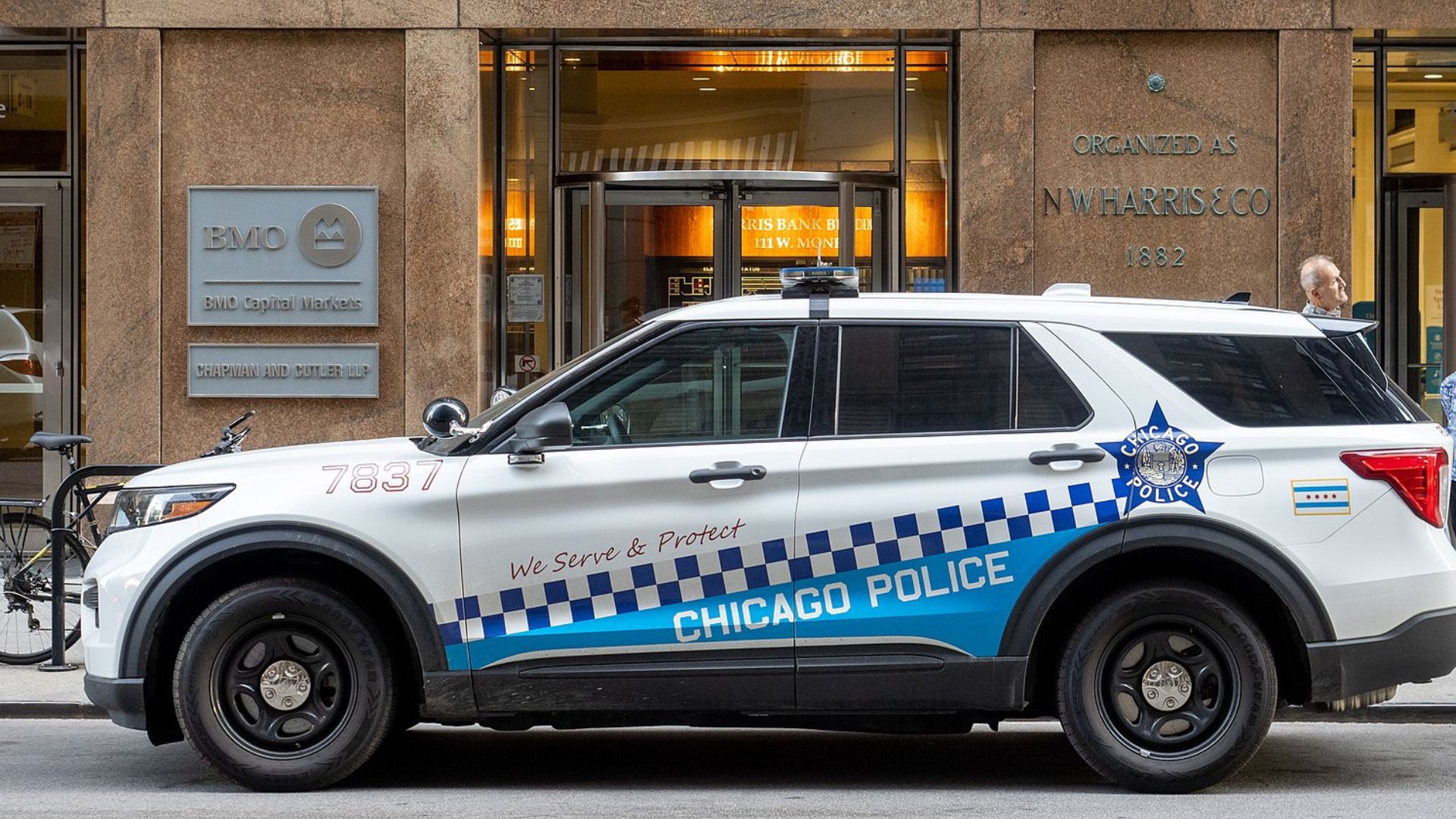
Amidst growing frustrations, Guider highlighted the city’s grim reality, “There are many unsolved murders and voters are infuriated to see resources being allocated to illegal immigrants.”
This sentiment is increasingly common among Chicago’s electorate.
Fiscal Frustrations Boil Over
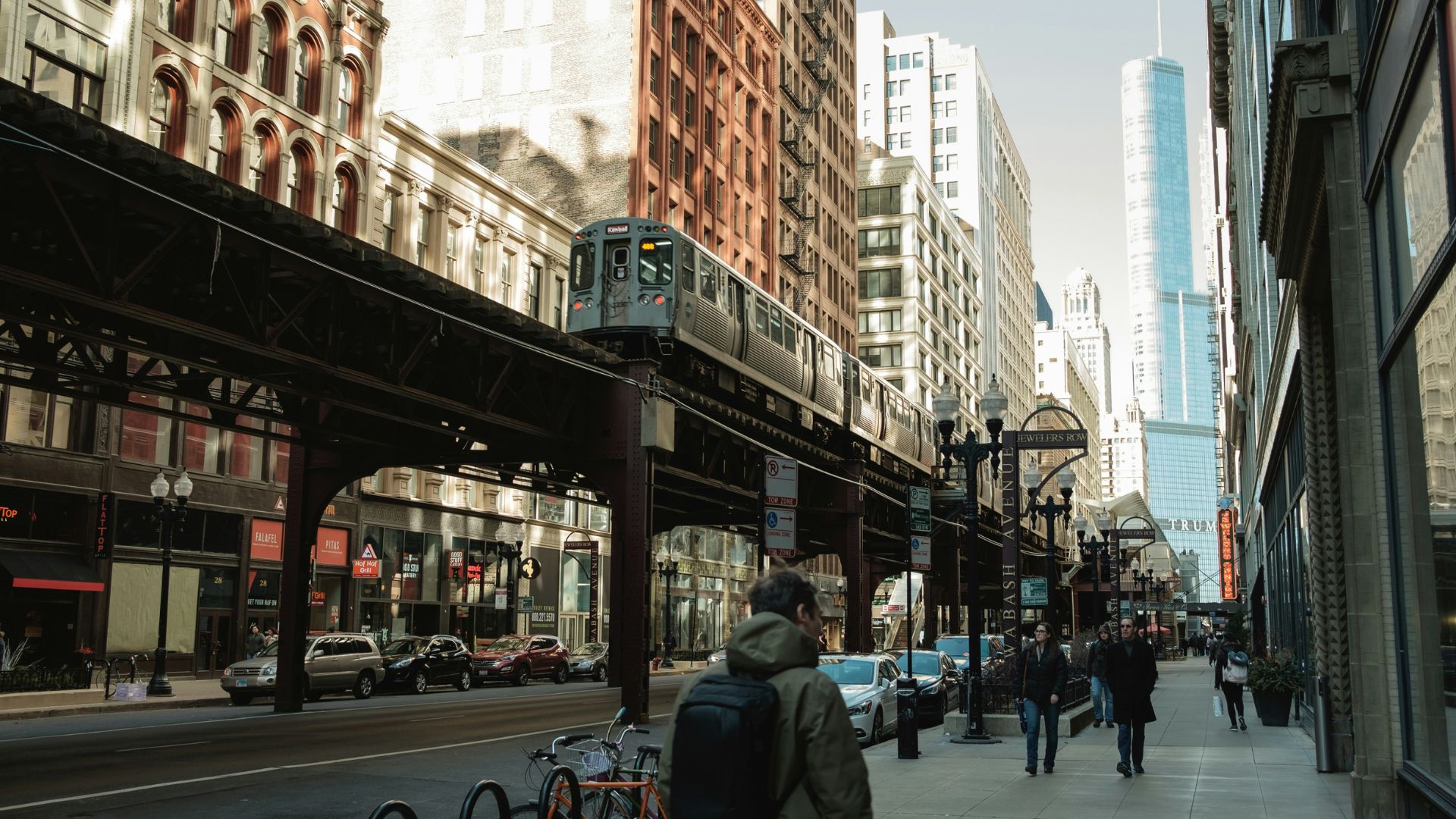
The financial strain is palpable in Guider’s words, “So many things that money could have been used for. And as a people here, we’ve been told that we have no money.”
The perceived mismanagement of funds has only added to the discontent.
Biden’s Upcoming Visit Amid Controversy
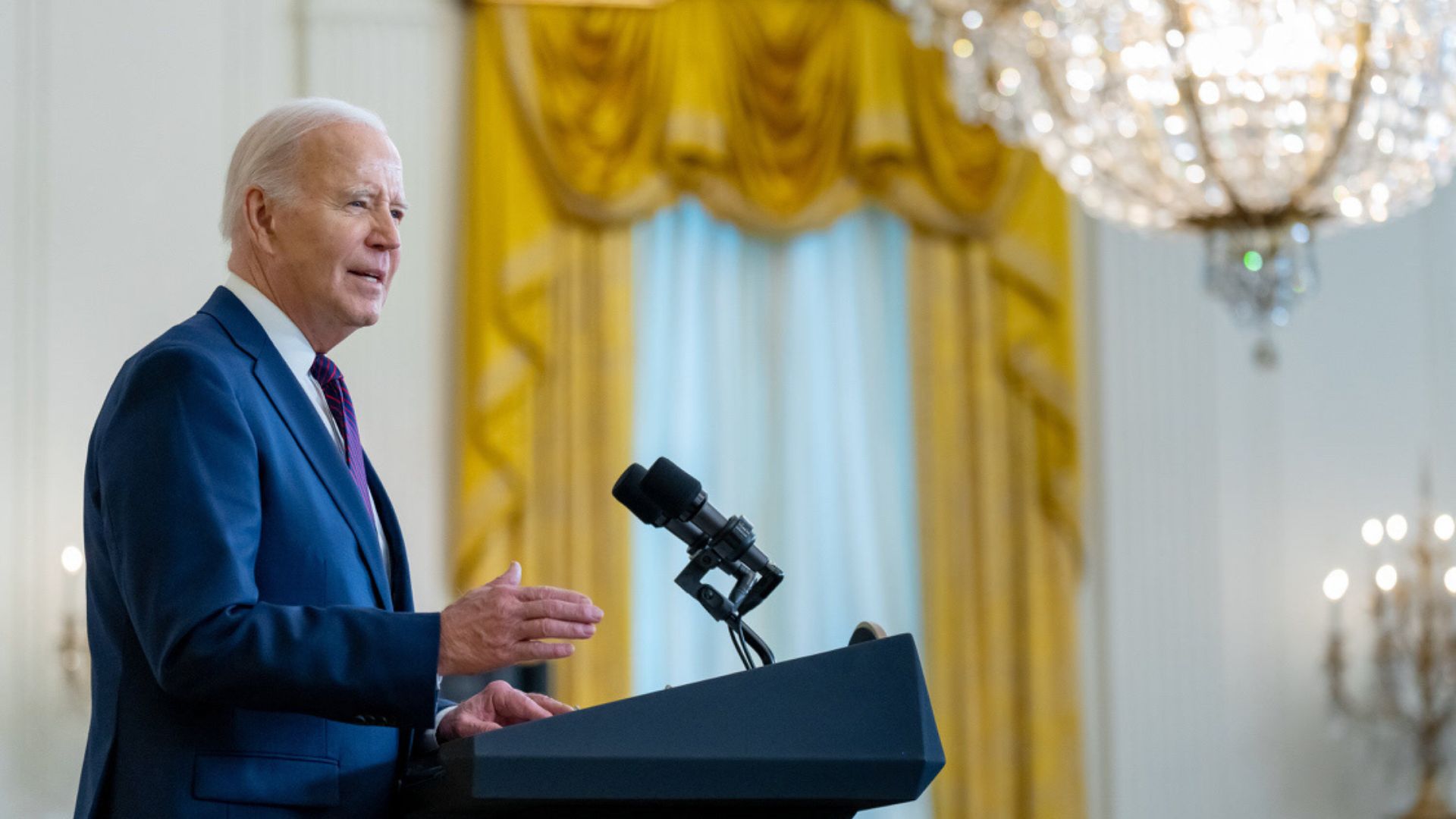
Biden arrived in Chicago for a fundraiser, however the backdrop was contentious, with protestors blocking the streets.
His last visit was only a month ago, but the mood has shifted dramatically since then.
A City at a Crossroads
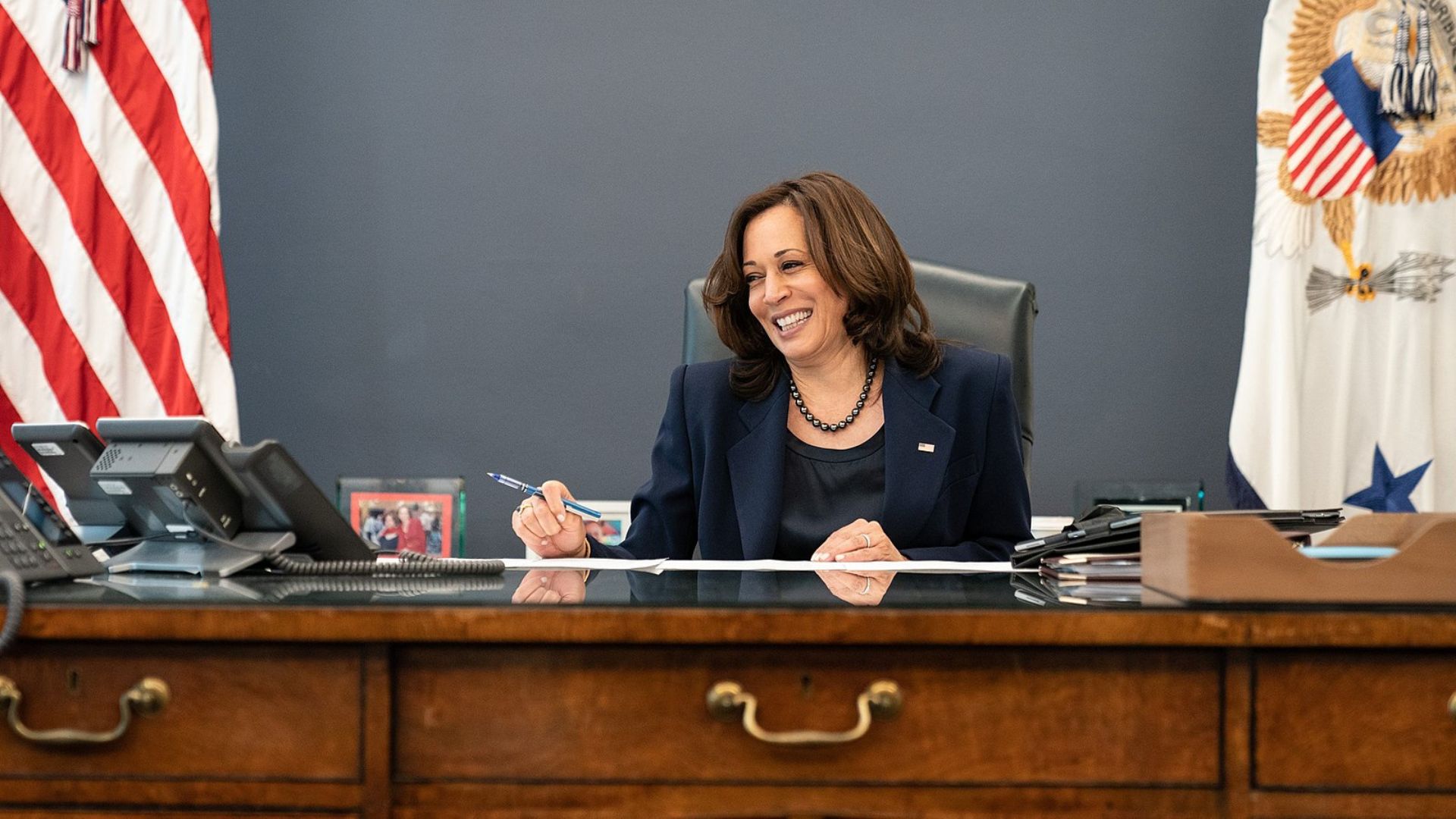
As VP Kamala Harris gears up for her visit next Thursday, Chicago stands at a political crossroads.
The city’s changing sentiment is a reminder of the dynamic and often unpredictable nature of American politics.
Historical Voting Patterns in Chicago

Over the last 50 years, Chicago has been a Democratic stronghold in both presidential and mayoral races. Historically, the city’s robust union presence and large African American community have anchored its Democratic leanings.
However, recent elections have shown a softening in this allegiance, signaling potential shifts in voter sentiment and party loyalty.
Key Factors Influencing Historical Loyalty
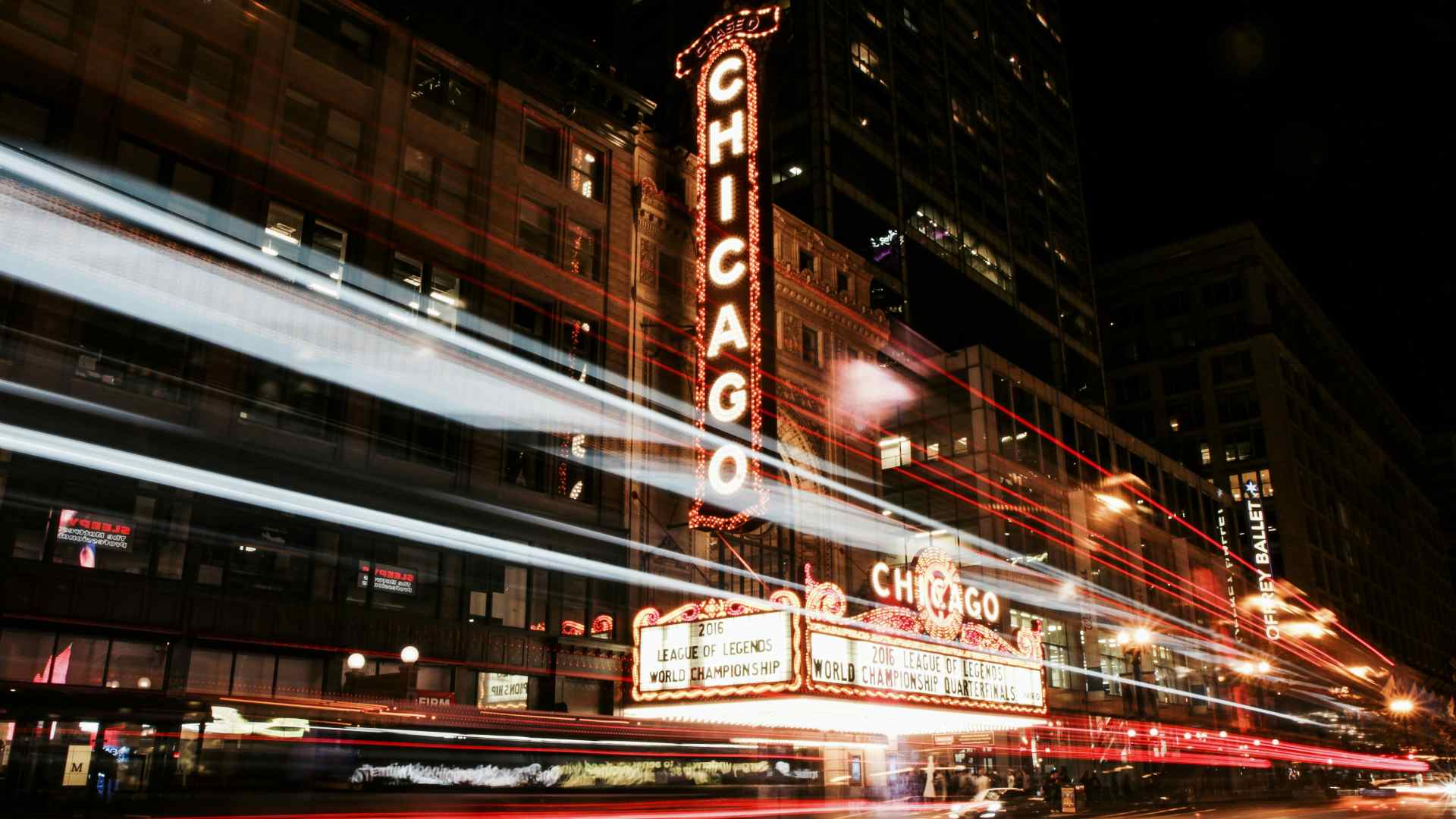
Chicago’s loyalty to the Democrats has been influenced by labor rights, social services, and civil rights advancements, resonating strongly with its diverse populace.
As these issues evolve, so does the alignment with the Democratic Party, evidenced by the current reconsideration of political affiliations among voters due to perceived shortcomings in addressing these core concerns.
Impact of Local Governance on National Politics
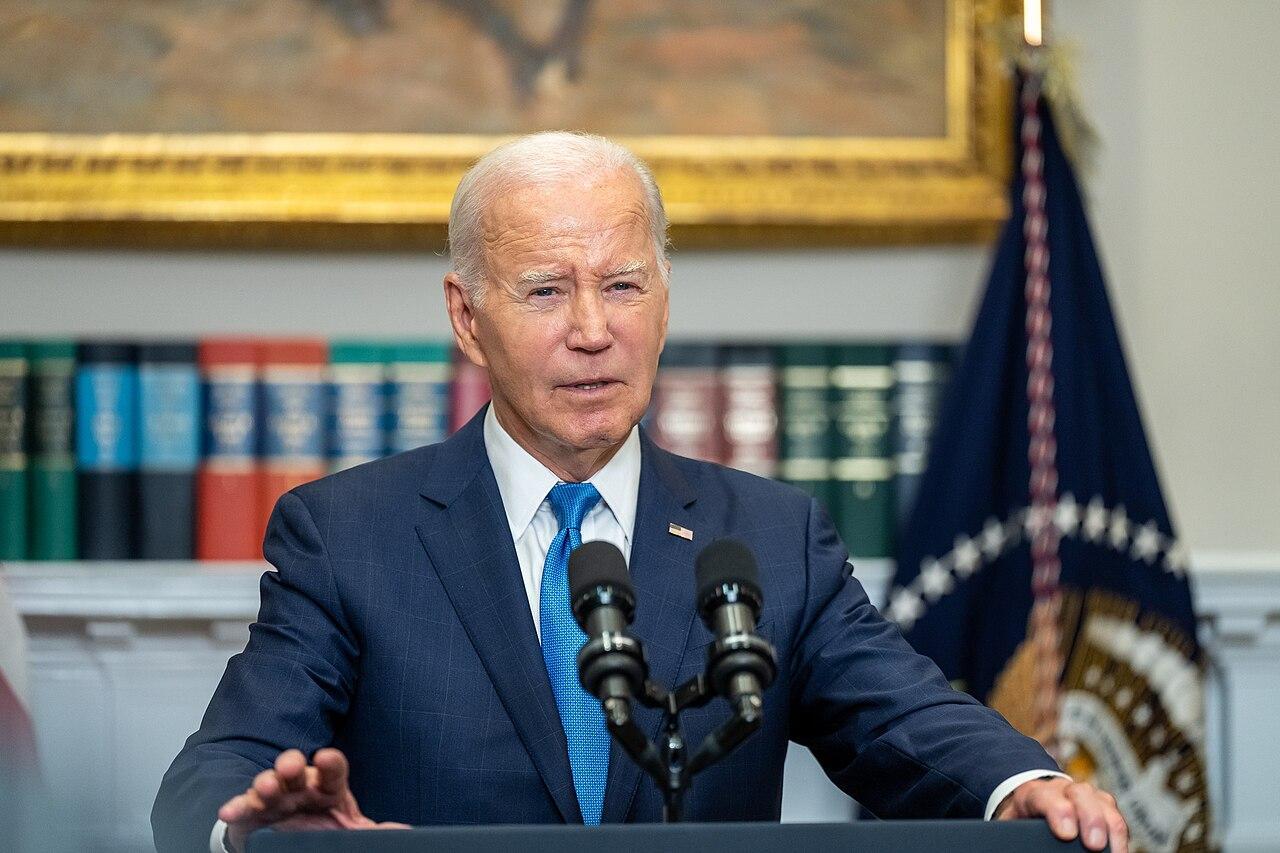
Chicagoans’ dissatisfaction with local governance is casting a shadow over their perception of the Democratic Party at a national level.
Issues like increased crime and struggling public services are seen as failures not just of city leadership but also of the party’s broader agenda, suggesting a pivotal impact on upcoming elections.
Specific Local Issues Influencing Opinions
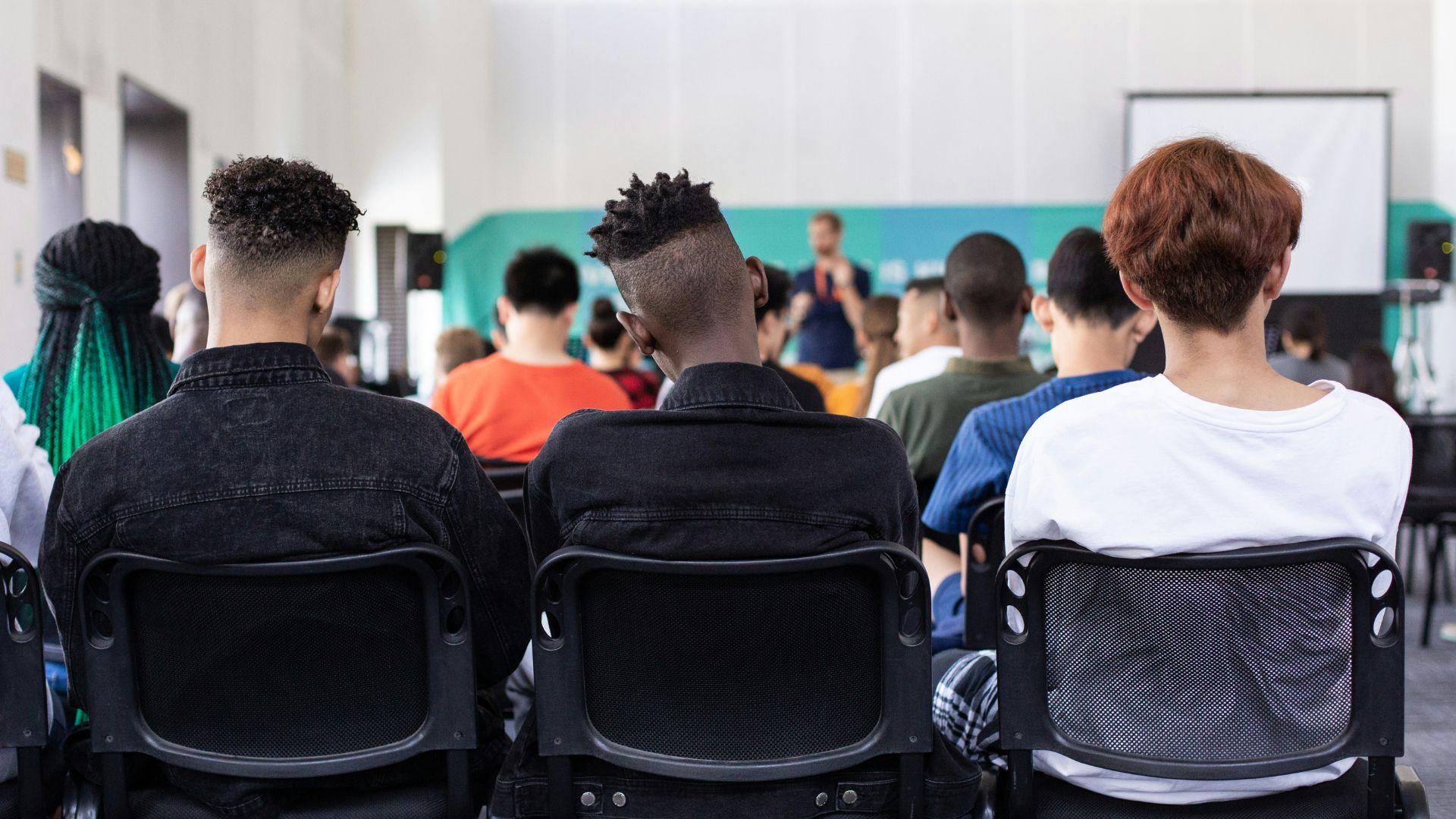
Chicago’s crime rates, declining school system performance, and economic hardships are central to the growing voter unrest.
Many residents express frustration that these critical areas are not adequately addressed, linking their discontent directly to the current political leadership and influencing their political realignment.
Demographic Shifts in Chicago

Recent years have seen demographic shifts in Chicago, with an increase in younger, more diverse populations.
These changes bring different priorities and perspectives to the voting booth, potentially reshaping the city’s political landscape and challenging the traditional Democratic dominance.
Political Implications of Demographic Changes
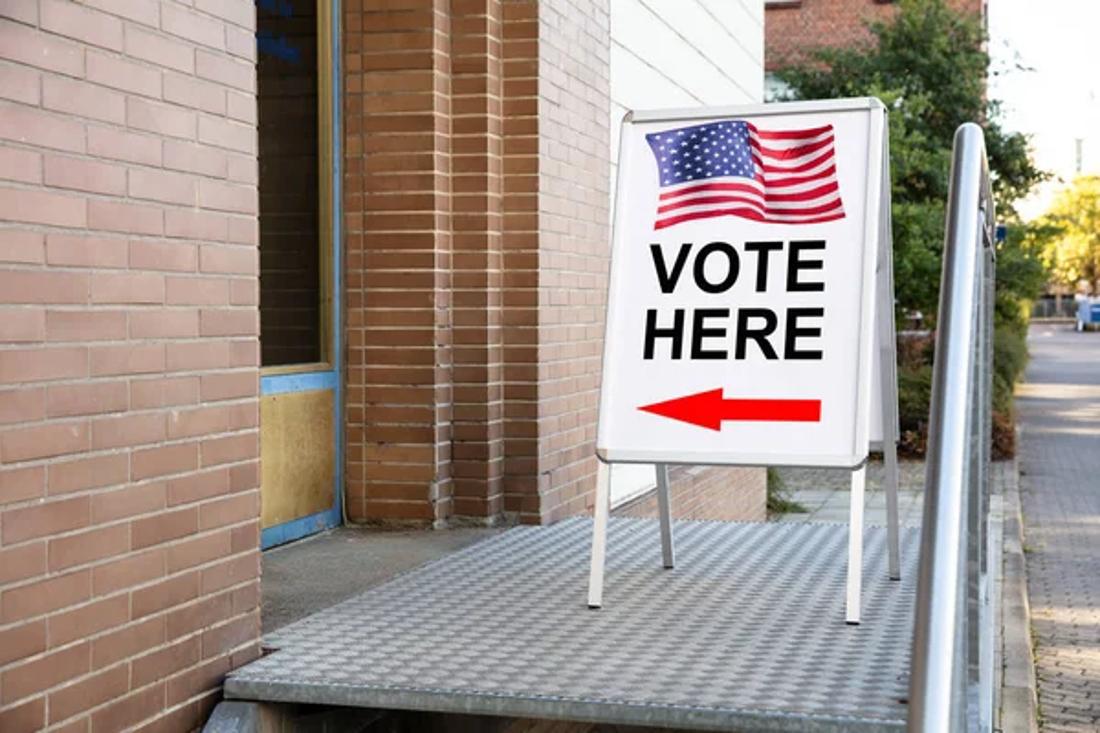
The shifting demographics in Chicago suggest a potential realignment of political loyalty, particularly among younger voters and minorities who may feel their concerns are not being prioritized.
This demographic evolution is likely to influence future elections, possibly diminishing the Democratic stronghold.
Role of Social Media in Shaping Political Views
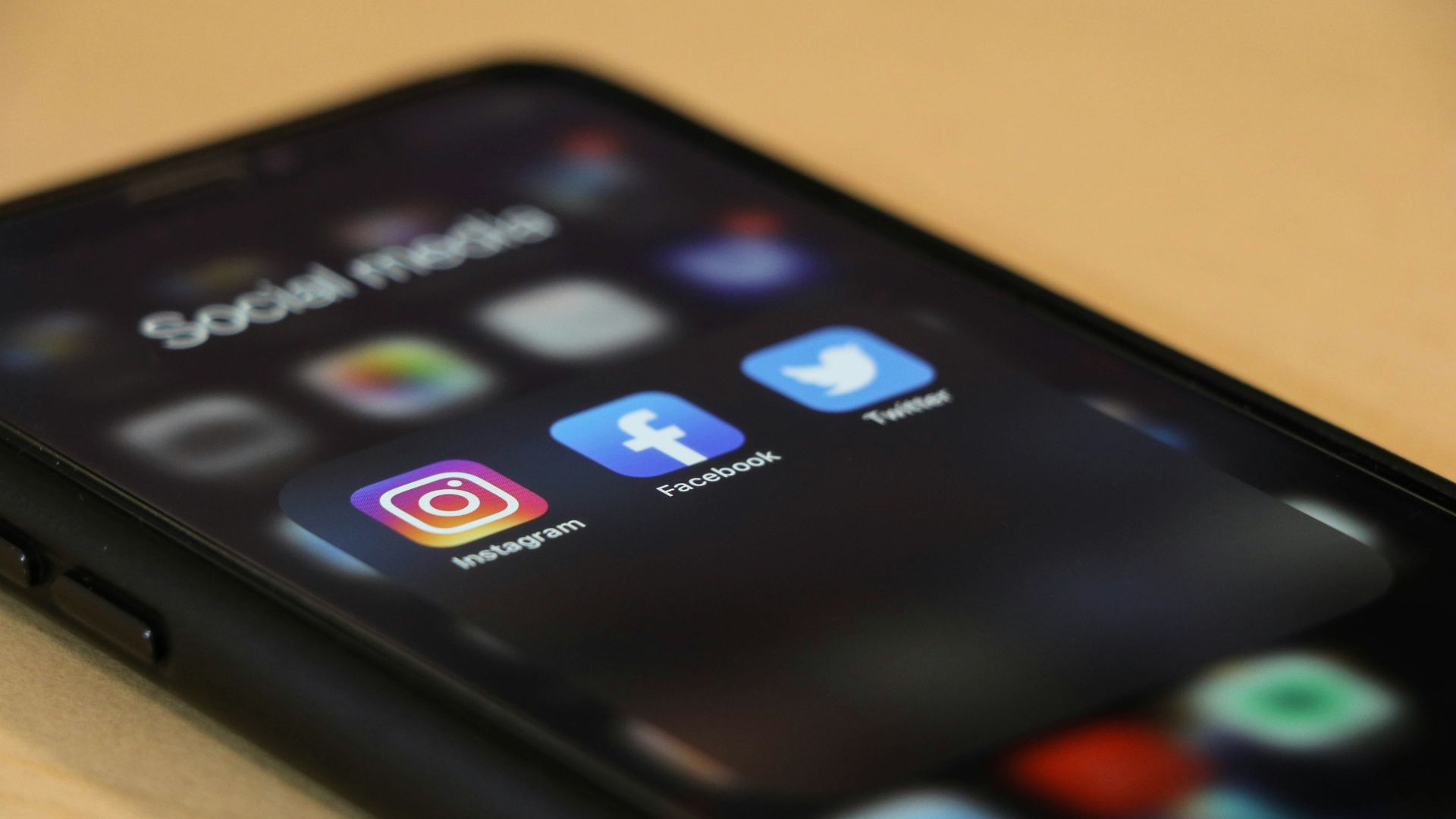
Social media has become a pivotal battleground for political opinions, where platforms like Twitter and Facebook amplify voices and mobilize voters.
Notably, social media campaigns have played a significant role in spreading awareness and fostering community discussions on local and national issues.
Influence of Misinformation

The spread of misinformation through social media has had tangible effects on political opinions as well. Efforts to combat this phenomenon are crucial, as misinformation can skew public perception and influence election outcomes.
Educating voters and promoting critical engagement with content are seen as vital steps toward informed voting decisions.
Democratic Party’s Strategies for Chicago
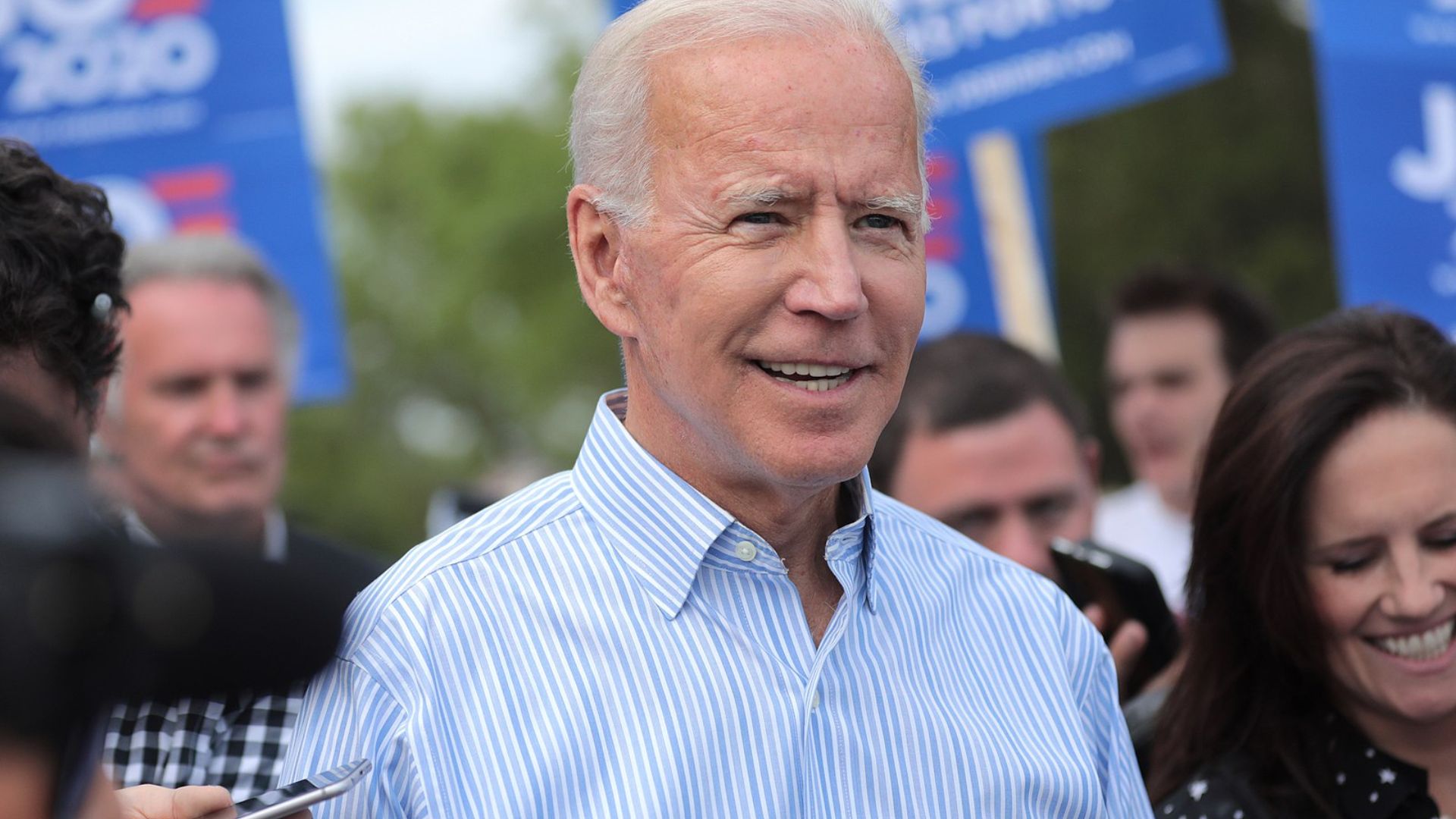
In response to waning support, the Democratic Party in Chicago may need to adopt new strategies such as emphasizing economic reforms, enhancing public safety, and improving educational outcomes.
Reconnecting with voters through these issues could be key to regaining trust and support.
Leadership Changes and New Faces
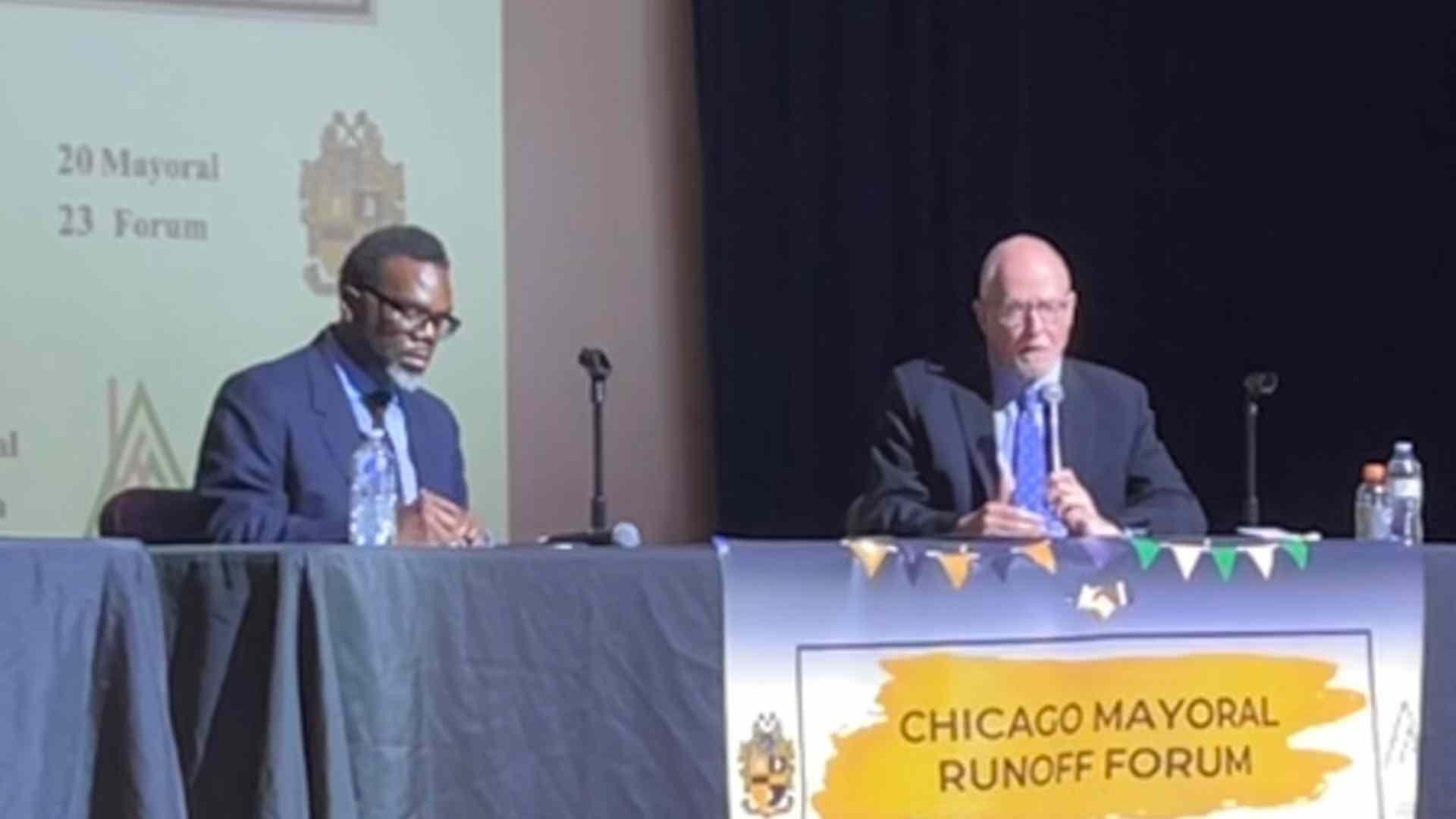
Emerging leaders within Chicago’s Democratic circles are beginning to gain attention as they promise to address the city’s pressing issues more effectively.
The introduction of fresh faces could revitalize party dynamics and voter enthusiasm, offering new hope and direction.
Post-COVID-19 Economic Analysis
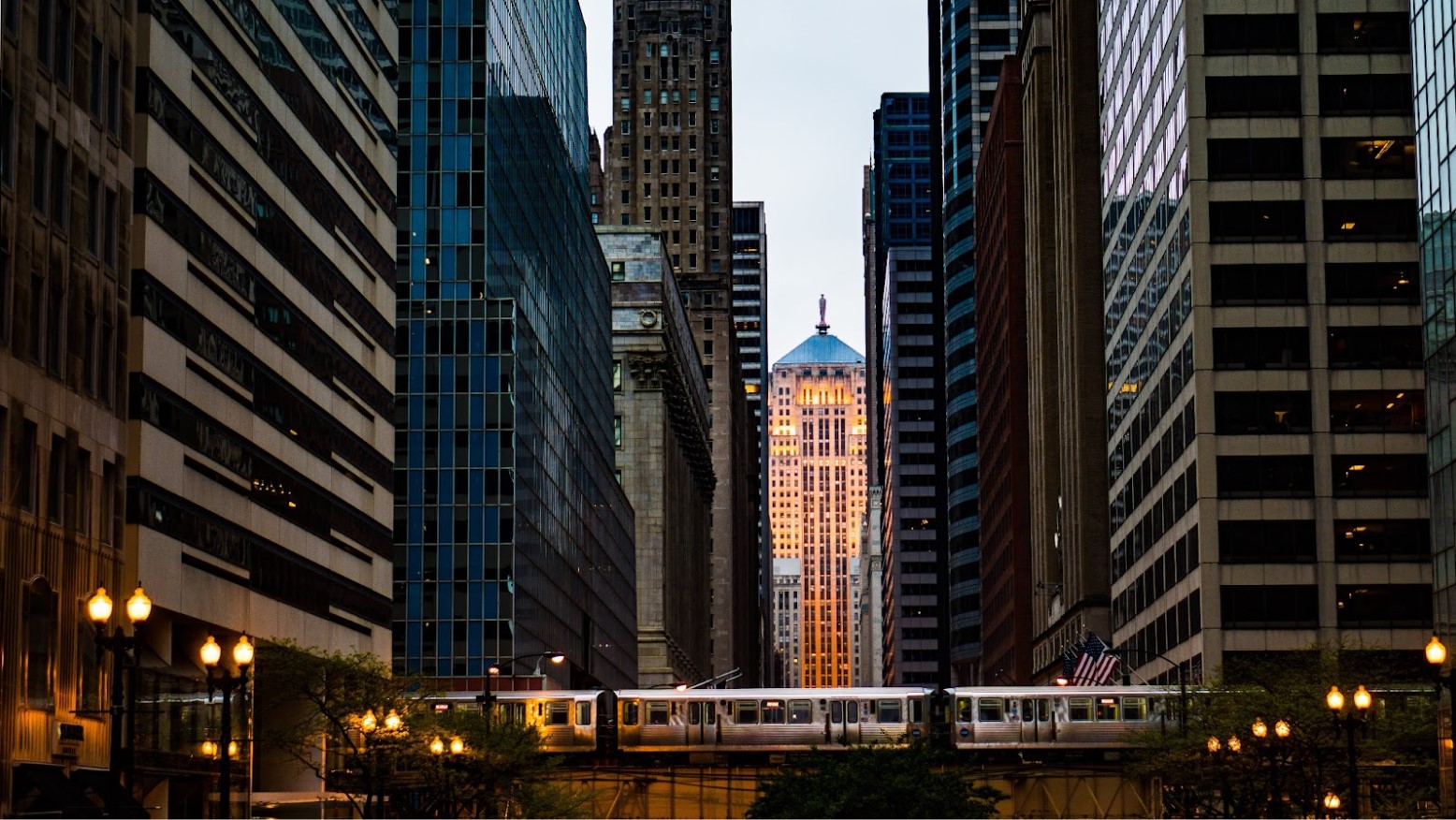
Chicago’s economic recovery post-COVID-19 has been uneven, with certain sectors like technology and healthcare seeing growth, while traditional industries like manufacturing and retail lag behind.
This economic disparity plays a significant role in shaping political opinions, as voters assess the effectiveness of recovery strategies.
Linking Economic Recovery to Political Sentiments
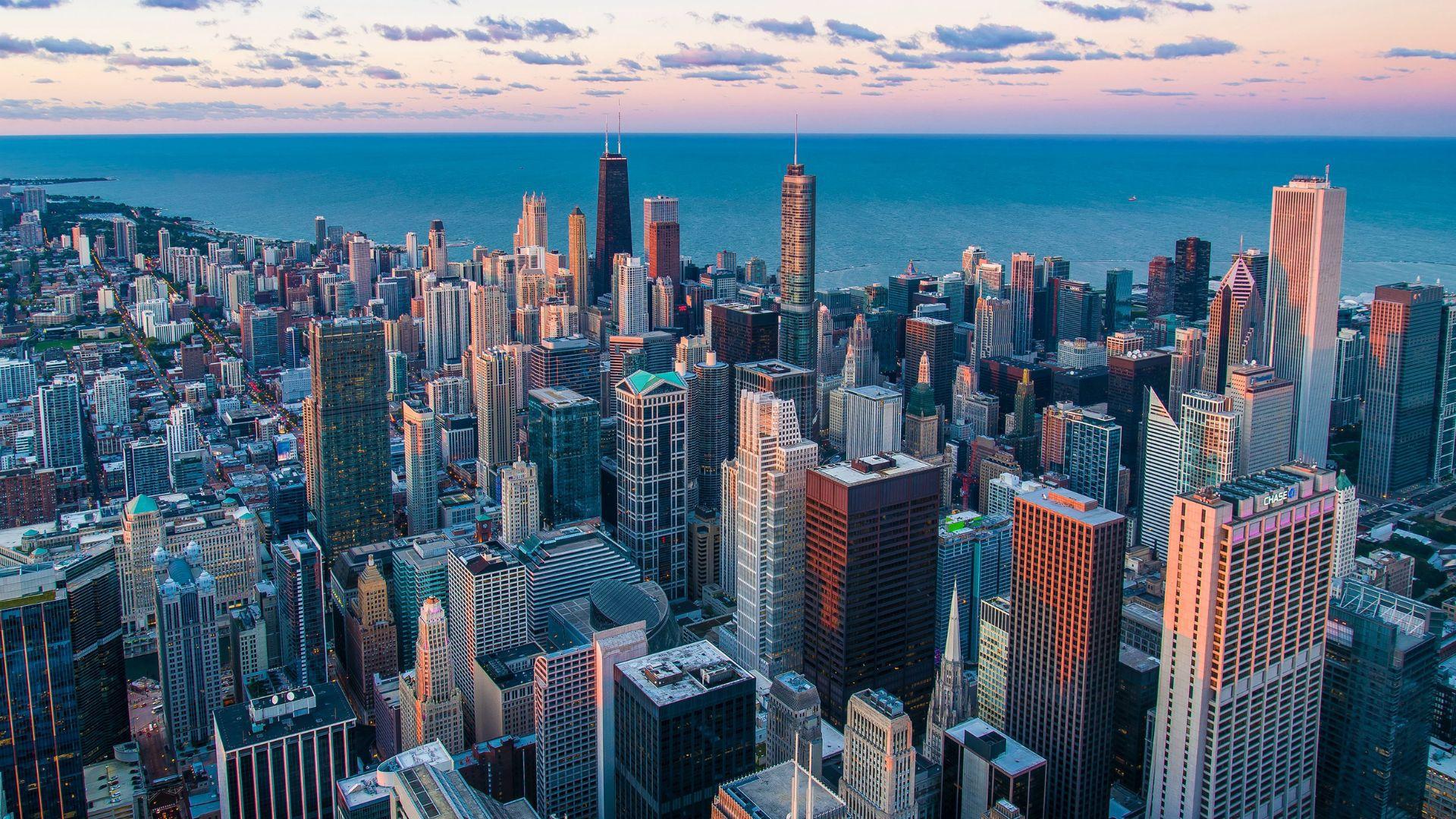
As Chicago navigates its economic recovery, the effectiveness of the Democratic Party’s policies in fostering growth and stability is under scrutiny.
Many voters link their economic experiences directly to their political loyalty, influencing their support in upcoming elections based on perceived economic success or failure.
